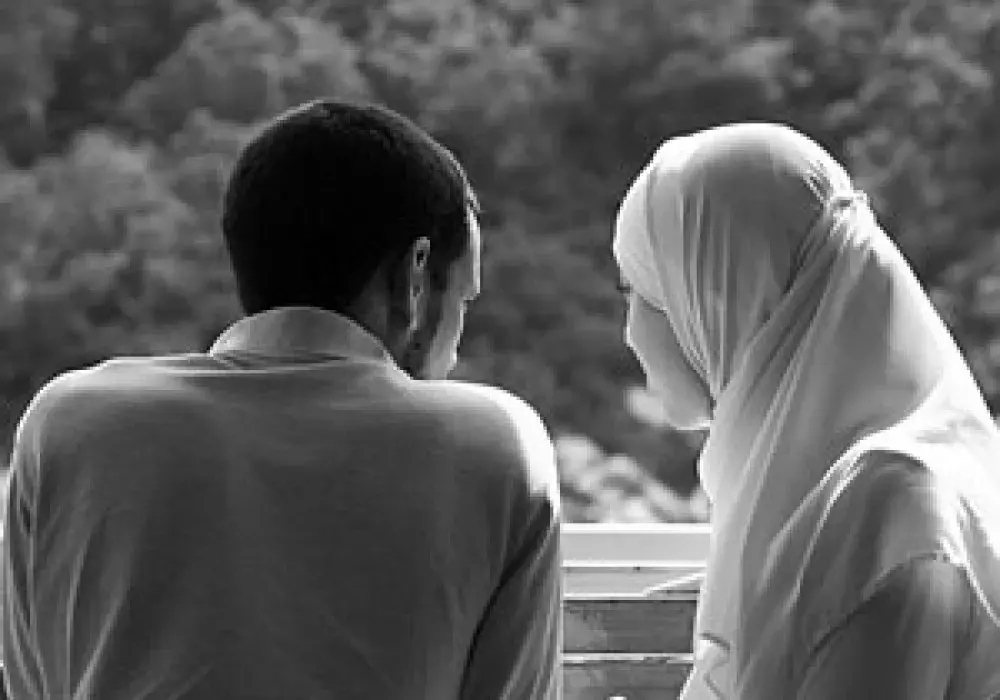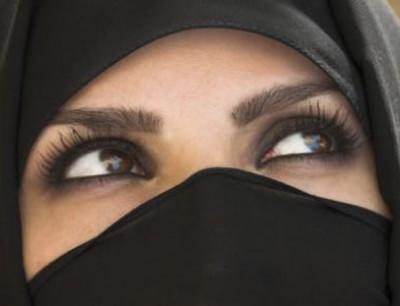Al-Azhar Professor Explains the Meaning of the Hadith “Created from a Bent Rib”
Dr. Hassan Al-Qasabi, Professor of Hadith at Al-Azhar University, clarifies that the Prophet’s saying “The woman was created from a bent rib” is a message of honor and compassion, not a statement of inferiority.

Dr. Hassan Al-Qasabi, Professor of Hadith at Al-Azhar University, explained that the Prophet Muhammad’s saying: “Treat women kindly, for woman was created from a rib, and the most curved part of the rib is its upper part; if you try to straighten it, you will break it, but if you leave it, it remains curved. So treat women kindly.” — is an authentic hadith reported by Al-Bukhari, and it emphasizes respect and honor for women rather than belittlement.
He clarified that the hadith begins and ends with a command to treat women with kindness, showing that the message is about care, not criticism. The Prophet’s metaphor of the rib, he explained, is highly precise: the rib protects the heart and lungs, symbolizing protection and gentleness, just as the woman was created to nurture and protect her family with affection and compassion.
Dr. Al-Qasabi stressed that the “curvature” mentioned in the hadith is not a flaw but a sign of perfection in design. Just as the rib’s curve allows it to fulfill its protective role, the woman’s emotional and nurturing nature enables her to fulfill her vital role in family and society.
He added that understanding this hadith requires insight and knowledge of Islamic teachings and prophetic wisdom. The comparison emphasizes tenderness and understanding in dealing with women, not control or correction. “A woman’s curvature is her beauty and strength,” he said, “and it completes her divine role in mercy and care.”
Addressing the relation between this hadith and the saying “Women are deficient in mind and religion,” Al-Qasabi explained that these words do not diminish women’s value. Rather, they describe the balance of roles — the predominance of emotion over logic in certain situations, and the religious exemptions granted to women as a mercy, not as a flaw.
He concluded by affirming that Islam has always honored women, raising their status as mothers, wives, sisters, and daughters, and making them essential pillars in building the family and the community. “Every hadith of the Prophet ﷺ,” he said, “points to the dignity, value, and greatness of women in Islam.”
أوضحت عضو مركز الأزهر العالمي للفتوى الإلكترونية فضل ركعتي الفجر العظيم، وبيّنت حكم أدائهما إذا فات وقت الصلاة، مؤكدة أن أداء الفريضة أولًا هو الأصل، ثم تُقضى السنة بعدها إن أمكن.
دار الإفتاء المصرية توضح أحكام الوضوء عند وجود الكحل في العين، وحكم الكلام أثناء الطهارة، مؤكدة ضرورة غسل الوجه كاملًا وبيان آداب الوضوء في الإسلام.
كشف مركز الأزهر العالمي للفتوى الإلكترونية عن عشرة آداب رفيعة ينبغي على المسلم التحلي بها عند معاملة كبار السن، مؤكدًا أن احترام الكبير من شيم الإسلام وأخلاق المؤمنين، ودليل على الرحمة والتواضع.
كشفت دار الإفتاء المصرية حكم تخصيص أحد الأشخاص بالدعاء له بالاسم أثناء الصلاة، موضحةً أن ذلك جائز شرعًا ولا حرج فيه، سواء في الفريضة أو النافلة، ما دام الدعاء في حدود الأدب والشرع.



